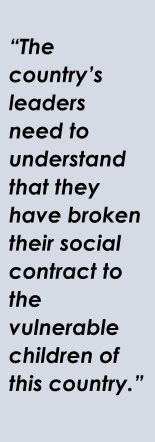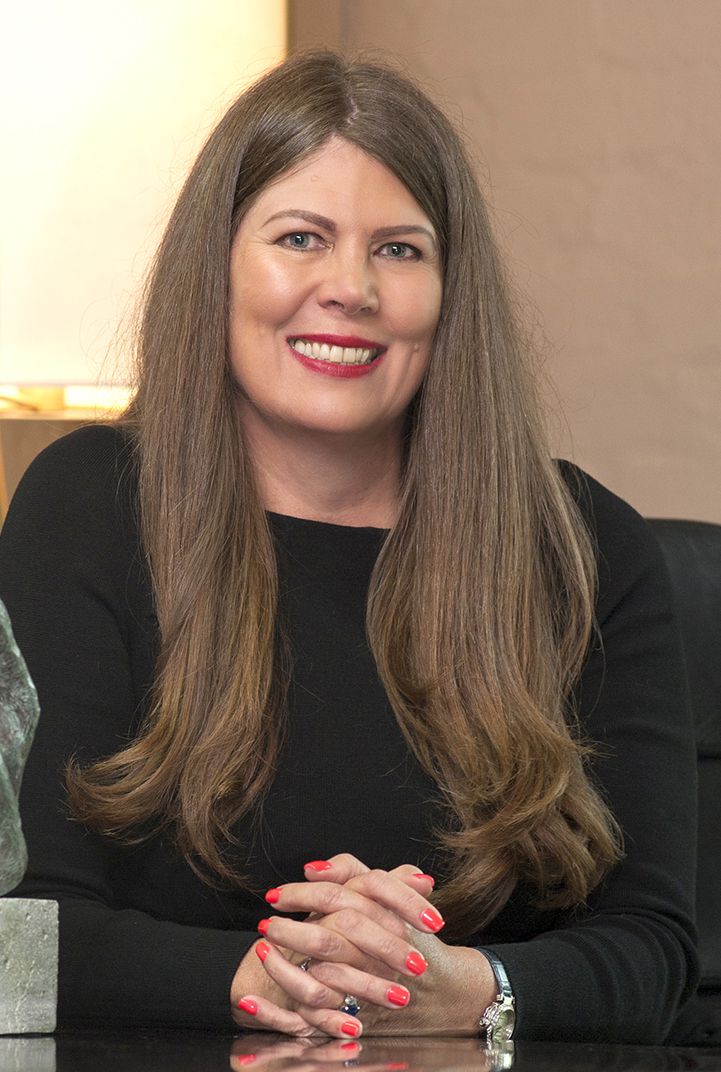Speaking at the 2020 Medium Term Budget Policy Statement on 28 October, Finance Minister Tito Mboweni announced a freeze on government employee salaries as part of efforts to address rising public expenditure. However, despite earlier stating that failing state owned enterprises would not be bailed out, he announced a R10.5bn allocation to South African Airways (SAA) to implement its business rescue plan in addition to a R6.5bn allocation to SAA to settle guaranteed debt and interest. The footnote on SAA is a requirement of R59bn until it returns to profitability in an estimated five years’ time.

Acknowledging the constrained economic environment, the minister said, “Plummeting household and business income, alongside severe restrictions on movement, led to a spike in job losses, large-scale business closures and a near-complete halt in international goods trade. By June 2020, the number of people in employment had fallen by 2.2 million, leaving South Africa with only 14.1 million workers employed.”
There is no question that the implications of mass unemployment for millions of South Africans is alarming. According to the on-the-ground research Ask Afrika has been conducting since April 2020, many people are borrowing money and as a result are becoming more indebted. An even bigger concern is that food insecurity has reached an all-time high. Reportedly, almost a quarter of children are going to bed hungry.
Ask Afrika’s Covid-19 Tracker is a pro bono study we have been conducting since the first week of April in order to better understand the socio-economic impact that the coronavirus, lockdown and gradual re-opening of the economy has on South Africans. To date more than 15,000 interviews have been conducted, exploring different themes and topics each week in order to better understand the relevant issues and provide an immediate statistic. We are the only research company in SA which has consistently tracked Covid-19 related fears, behaviours and beliefs.
Of concern is the fact that the study is revealing that statistics around food security are worsening during Lockdown Level 1. One in three people are concerned about the amount of food in their homes, while 46% of adults continue to reduce portion sizes and 45% reduced their meal frequencies due both to a lack of food in the home and the fact that they don’t have the money to buy more food. An alarming 32% say that people in their household have lost weight because there is not enough food in their household. While most households tend to prioritise feeding their children, 24% of children are going to bed hungry and 20% says people in their household went an entire day without food because there was not enough money for food.
These are appalling statistics in a country of perceived abundance and should be a major concern for every politician, business and community leader and taxpayer.
Against the backdrop of growing food insecurity in South Africa, how do we as a country in all good consciousness approve a R10.5 billion bailout to SAA, knowing that in a year’s time it will likely need that and more again?
The legal principle of common purpose is based on the theory that if two people plan a murder but only one of them fires the gun, they are both guilty. Politicians in South Africa appear to have forgotten that principle. When we ignore clear evidence of corruption by regarding those implicated as innocent until proven guilty in a court of law, we strip society of the human principles of honour, empathy and lekgotla. What are we as a society without those principles? Societies follow values demonstrated by leaders. It cannot be inconsequential, that our revered principle of Ubuntu is now only strongly experienced by 14% of our citizens? Ubuntu levels have dropped sharply amongst citizens in recent months - in effect mirroring the complete lack of empathy shown by politicians for the citizens of this country.
Not only did draconian and sometimes bizarre lockdown regulations push South Africa’s already struggling economy to the fiscal cliff, but the country’s leaders need to understand that they have broken their social contract to the vulnerable children of this country.
Government has repeatedly made calls for a collective effort to ensure the recovery of the economy. Despite calling for a freeze on the public sector wage bill for the next three years, trade union Nehawu has already agreed salary increases of 6.1% for its members of parliament and provincial legislatures. The message this communicates is that proximity to political power creates a superior class; a class rewarded not for performance to its constituents, but rather for their power to disrupt. It furthermore confirms that government employees are not held to account for the performance of the economy or for service delivery to their constituents: taxpayers and the vulnerable. Clearly, not everybody is expected to make the same sacrifices.
The budget presented to parliament supports government’s political priorities and exclude the country’s most vulnerable adults and children who are paying the biggest price by going to bed hungry, missing school or having no safe transport to their place of work or play.
Given South Africa’s current socioeconomic challenges, those who earn a salary and pay taxes are indeed privileged. They need to remember that and act accordingly.
 Andrea Rademeyer is much more than a CEO and Intellectual Researcher - she is an icon for female entrepreneurs on the continent and has gained success and global recognition as a leader in her field over the last 25 years. She sees business as playing a pivotal role in shaping and changing society and is committed to that change through uplifting societal voices.. Her commitment to honouring the voice of South African citizens is born out of an enduring passion for all things socio-political. Ask Afrika was founded in social research and this drive is still evident in weekly Covid-19 measurements, directed by Andrea’s thought leadership. She is an acclaimed conversationalist who is respected for her integrity, loved for her eccentricity and well known for enjoying life to the fullest, having taken the front-seat on the roller-coaster of life. Ask Afrika is known for innovative methodologies and Decisioneering. Andrea has served on two Covid19 MAC technical committees led by Prof Mokgatle and Prof. Mehtar. The Ask Afrika Covid-19 Tracker is her passion and contribution to our country, during the Coronavirus trauma. Andrea is registered with SAMRA, ESOMAR, PAMRO and as a research psychologist, with the Health Professions Council of South Africa. She successfully completed the YPO-WPO Presidents’ Program at Harvard Business School, Boston USA (2015, 2016,2017, 2018) and has delivered several International papers, complimented by leadership awards and accolades. |
About Ask Afrika
Ask Afrika is a Decisioneering company. We support our clients’ decisions through facts. Our clients’ decision requirements are around social research and philanthropy, experience measures and advisory and brand dynamics.
Social research decisions are required around HIV/Aids and most recently Covid19. Educational and early childhood development, fair-trade shopping, media and financial research- are some of the areas we love to work in. NGOs, Public- and Private Sector clients work with us to get the pulse of nations.
Besides being decisioneers in brand and customer experience research, Ask Afrika is well known for creating some of the most useful, go-to industry benchmarks, including the Ask Afrika Orange Index®, the Ask Afrika Icon Brands®, the Ask Afrika Kasi Star Brands and the Target Group Index (TGI). Ask Afrika’s knowledge of brands is extensive and the Target Group Index (TGI) survey; which measures psychographics, service, products, media and brands- has been used by the majority of the top 50 advertisers and media owners in South Africa for nearly two decades.
Our clients operate across various industries, including retail, telecoms, finance, and the public sector. We offer tailor-made and ready-to-use offerings for all our clients regardless of the size of project.
We are brave, agile, vibrant and experimental. We apply deep thinking and are great in everything we do, to make an impact that matters.
With us, you can make game-changing business decisions confidently.
